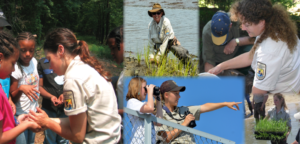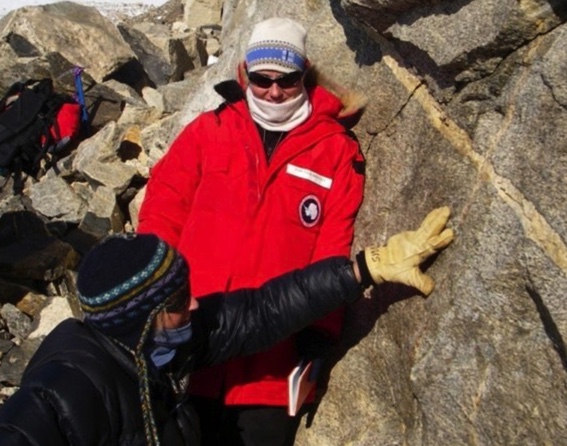We work incessantly to make the world a better place through conservation and environmental sustainability. We preserve habitat, save individual animals and plants, and put up nesting structures for birds and bats. We fight against pollution. We help the underrepresented throughout the world get to a better life.

And we all know that the number one, absolute best strategy for effecting long-term change in the way the world works is a simple, fundamental idea: Create equity and parity for girls and women in all parts of society. Today’s message, therefore, addresses that simple, fundamental idea on the International Day of Women and Girls in Science, declared as February 11 by the United Nations.
In 2015, the United Nations created the International Day of Women and Girls in Science, asserting, among others, that the following are true:
- “representing half of the world’s population, [women] continue to be excluded from participating fully in the economy…”
- “women have a vital role to play in achieving sustainable development…”
- “gender equality and the empowerment of women and girls will make a crucial contribution to progress across all the Goals and targets of the 2030 Agenda for Sustainable Development…”
- “women and girls play a critical role in science and technology communities and that their participation should be strengthened…”
Some may argue that we are finished with this concern, that women and girls have achieved equality and parity in all aspects of society. And certainly, the world has made great progress. Under the Millennium Development goals that ran from 2000-2015, the proportion of girls in school in developing countries has nearly reached parity, and a higher percentage of children are attending school every year (learn more about these goals here).

But this is a journey, not a destination. The sciences—including conservation and environmental sciences—continue to lag behind. The UN cites a study of women in science in 14 countries. It shows that the probability of women graduating with a Bachelor’s, Master’s or doctoral degree in a science field are 18%, 8% and 2%, respectively. The percentages for men are 37%, 18% and 6%.
Please support efforts to engage girls and women in the fields of conservation and environmental sciences and studies of all kinds.
References:
United Nations. International Day of Women and Girls in Science. Available at: http://www.un.org/en/events/women-and-girls-in-science-day/. Accessed February 7, 2018.
United Nations. 2015. Resolution adopted by the General Assembly on 22 December 2015. Available at: http://www.un.org/en/ga/search/view_doc.asp?symbol=A/RES/70/212. Accessed February 7, 2018.
